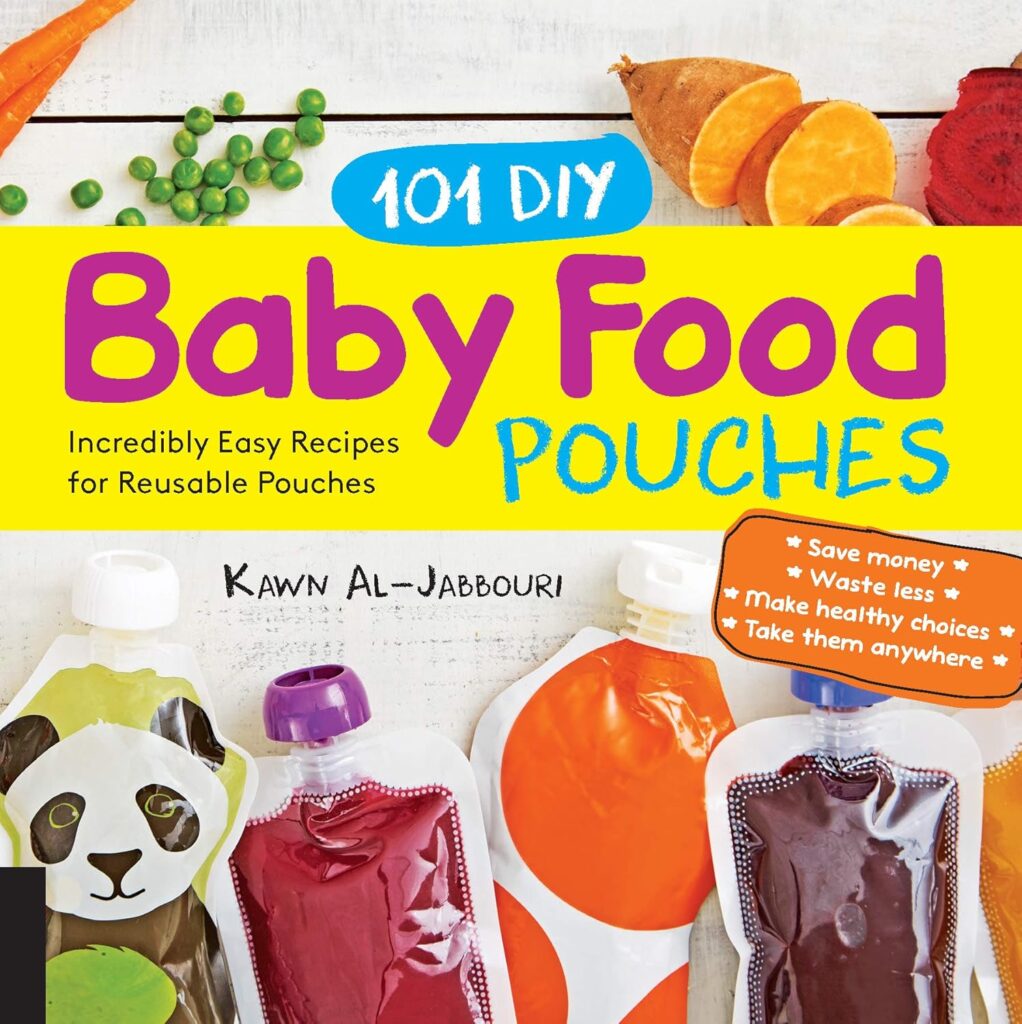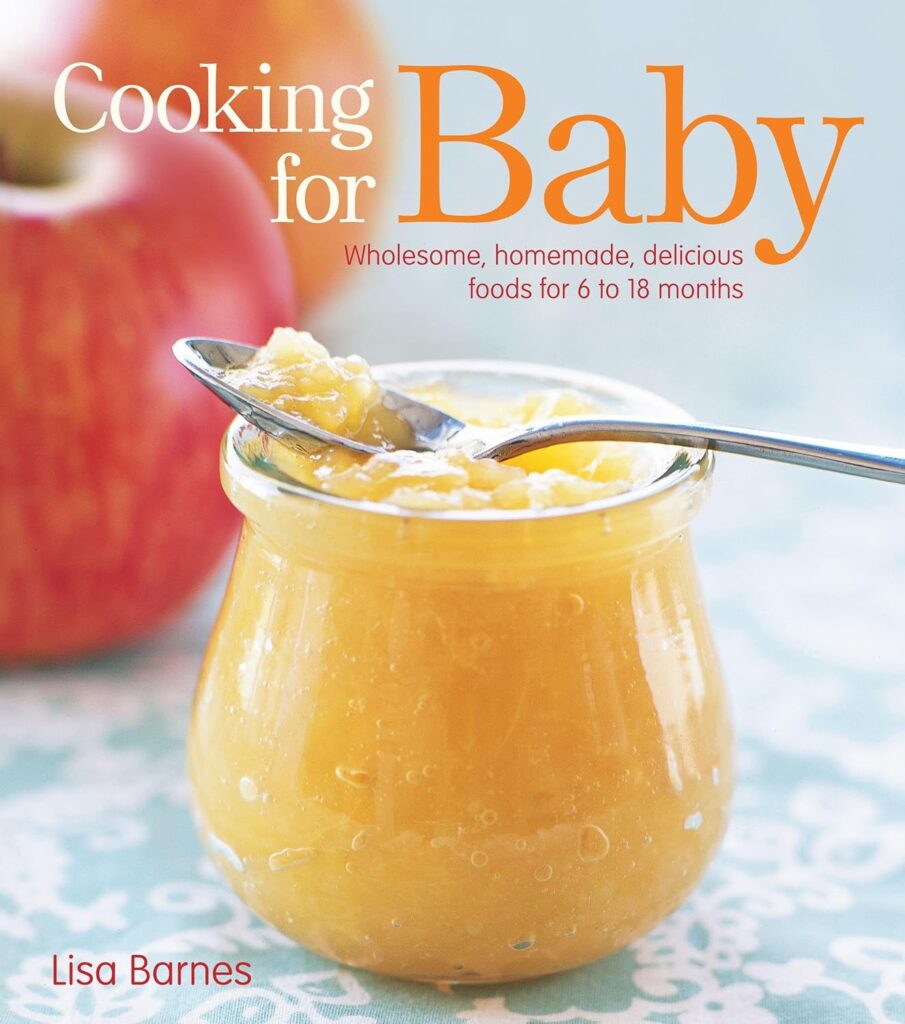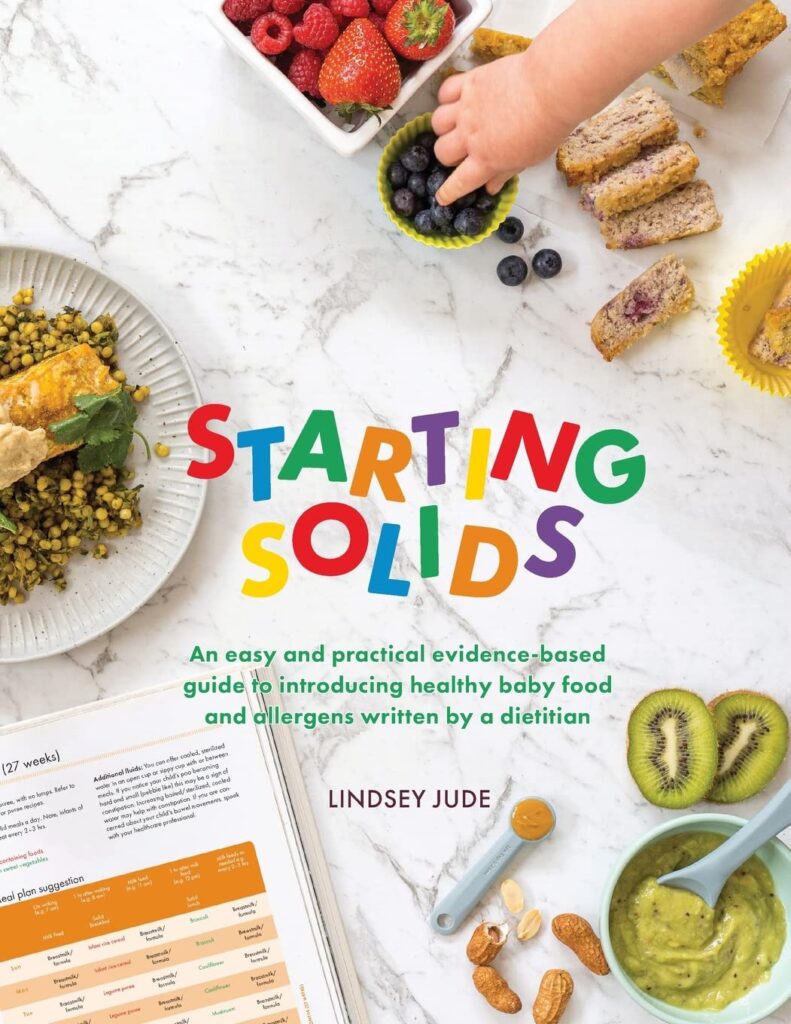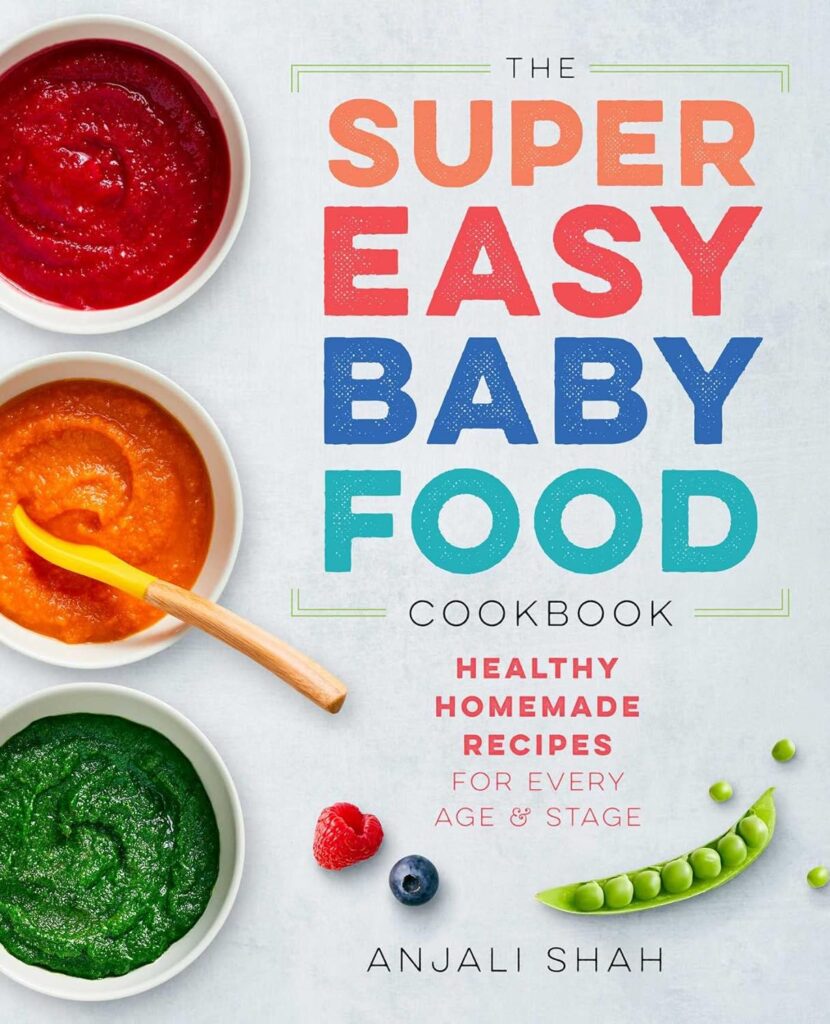Homemade Baby Formula Recipe to make homemade baby formula, mix 2 cups of water, 2 tablespoons of sugar, and 1 tablespoon of calcium carbonate. Add a multivitamin supplement as per pediatric guidance.
Homemade baby formula can be a useful alternative during emergencies or when commercial options are unavailable. Parents should always consult their pediatrician before using homemade formulas to ensure nutritional adequacy. Ingredients like water, sugar, calcium carbonate, and multivitamin supplements can be combined to create a temporary substitute.
This practice helps in ensuring that the baby receives essential nutrients during short-term shortages. Always follow precise measurements and guidelines to avoid health risks. Proper hygiene is crucial while preparing homemade baby formula to prevent contamination. Remember, homemade formulas are not a long-term replacement for commercial baby formulas.

The Importance Of Homemade Baby Formula
Parents want the best for their babies. Homemade baby formula provides a safe, nutritious, and cost-effective alternative to commercial formulas. Many parents choose homemade baby formula to ensure their little ones receive the highest quality ingredients without unwanted additives or preservatives.
Nutritional Benefits
Creating homemade baby formula offers numerous nutritional benefits. Parents can select fresh, organic ingredients, ensuring their baby gets the best nutrients. This control means avoiding harmful chemicals and unwanted sugars.
- Organic Ingredients: Homemade formulas often use organic fruits, vegetables, and proteins.
- Balanced Nutrition: Parents can adjust the formula to meet their baby’s specific nutritional needs.
- Essential Vitamins and Minerals: Homemade formulas can include a variety of vitamins and minerals essential for growth and development.
Homemade baby formula also allows parents to cater to specific dietary restrictions or allergies. For instance, if a baby is lactose intolerant, parents can opt for lactose-free ingredients. A table below highlights some common ingredients and their nutritional benefits:
| Ingredient | Nutritional Benefit |
|---|---|
| Organic Milk | Rich in calcium and protein |
| Fresh Fruits | Vitamins and antioxidants |
| Vegetables | Fiber and essential nutrients |
| Healthy Fats | Crucial for brain development |
Avoiding Additives And Preservatives
Commercial baby formulas often contain additives and preservatives to extend shelf life. These can sometimes cause allergies or digestive issues in babies. By making homemade baby formula, parents can avoid these potential problems.
No Artificial Flavors or Colors: Homemade formulas avoid artificial flavors and colors, ensuring natural and safe ingredients.
Preservative-Free: Fresh homemade formulas do not need preservatives, which means fewer chemicals for the baby.
Control Over Sweeteners: Parents can decide whether or not to include sweeteners, avoiding unnecessary sugars.
Below is a comparison of typical commercial formula ingredients versus homemade formula ingredients:
| Commercial Formula | Homemade Formula |
|---|---|
| Artificial Colors | Natural Colors from Fruits |
| Preservatives | Fresh Ingredients |
| Added Sugars | Natural Sweeteners (if any) |
By opting for homemade baby formula, parents ensure their baby receives a diet free from unnecessary additives. This approach promotes better health and well-being for their little one.

Choosing The Right Ingredients
Creating a homemade baby formula recipe can be a fulfilling and health-conscious choice for parents. But the first step in this process is choosing the right ingredients. This ensures your baby gets all essential nutrients for proper growth and development. In this section, we’ll explore how to select the best base and identify the key nutrients your homemade formula should include.
Selecting A Base
Choosing a suitable base for your homemade baby formula is critical. The base serves as the foundation and provides most of the calories and proteins your baby needs. Here are some common bases used:
- Cow’s Milk: Rich in calcium and protein, cow’s milk is a popular choice. Ensure it’s whole milk to provide the necessary fats.
- Goat’s Milk: Easier to digest and less allergenic than cow’s milk. It also contains beneficial fatty acids.
- Plant-Based Milk: Options like almond or coconut milk can be used for babies with dairy sensitivities. Make sure they are fortified with calcium and vitamin D.
For a clearer comparison, see the table below:
| Base | Benefits | Considerations |
|---|---|---|
| Cow’s Milk | High in calcium and protein | May cause allergies |
| Goat’s Milk | Easy to digest | More expensive |
| Plant-Based Milk | Good for dairy sensitivities | Needs fortification |
Always consult with a pediatrician before choosing a base. Each baby is unique, and professional advice ensures the best choice for your child’s health.
Key Nutrients To Include
Ensuring your homemade baby formula contains all essential nutrients is vital. Your baby needs a balanced diet for optimal growth. Here are the key nutrients to include:
- Proteins: Essential for muscle and tissue growth. You can use whey protein powder or soy protein if your baby is lactose intolerant.
- Fats: Crucial for brain development. Include oils like coconut oil, olive oil, or fish oil.
- Carbohydrates: Provide energy. Use lactose or glucose syrup as a safe carbohydrate source.
- Vitamins: Vitamin D and Vitamin A are critical. Ensure your formula includes a multivitamin supplement.
- Minerals: Calcium, iron, and zinc are essential. You can use bone broth or mineral drops to include these.
Below is a table summarizing these nutrients and their sources:
| Key Nutrient | Source |
|---|---|
| Proteins | Whey protein powder, soy protein |
| Fats | Coconut oil, olive oil, fish oil |
| Carbohydrates | Lactose, glucose syrup |
| Vitamins | Multivitamin supplement |
| Minerals | Bone broth, mineral drops |
By including these key nutrients, you ensure your baby’s formula is both balanced and nutritious.
Healthy Fats And Oils
Creating a homemade baby formula recipe can be a rewarding experience. Ensuring your baby receives all the essential nutrients is crucial for their growth and development. One vital component of any baby formula is healthy fats and oils. These fats are necessary for brain development, hormone production, and overall well-being. Let’s dive into the essential fatty acids and the best sources of these crucial nutrients.
Essential Fatty Acids
Essential fatty acids (EFAs) are fats that our bodies cannot produce on their own. Babies need these fats for proper growth and development. There are two main types of EFAs: Omega-3 and Omega-6. These fats play a critical role in brain health, vision, and the immune system.
Omega-3 fatty acids include:
- DHA (Docosahexaenoic Acid)
- EPA (Eicosapentaenoic Acid)
- ALA (Alpha-Linolenic Acid)
Omega-6 fatty acids include:
- LA (Linoleic Acid)
- AA (Arachidonic Acid)
These fatty acids support the development of the nervous system, vision, and immune function. Babies need a balanced ratio of Omega-3 to Omega-6 for optimal health. Too much Omega-6 can lead to inflammation, while Omega-3s are anti-inflammatory.
Here is a simple table summarizing the types and benefits of EFAs:
| Type | Examples | Benefits |
|---|---|---|
| Omega-3 | DHA, EPA, ALA | Brain health, vision, anti-inflammatory |
| Omega-6 | LA, AA | Skin health, growth, development |
Best Sources
Finding the best sources of healthy fats and oils is crucial for making homemade baby formula. Natural sources provide the most benefits. Here are some of the best sources for EFAs:
- Fish oil – Rich in DHA and EPA
- Flaxseed oil – High in ALA
- Chia seeds – Packed with ALA
- Walnut oil – Contains ALA
- Sunflower oil – High in LA
- Safflower oil – Rich in LA
- Corn oil – Contains LA
- Soybean oil – Packed with LA
Using a combination of these oils ensures your baby gets a balanced intake of essential fatty acids. Here is a quick reference table for these sources:
| Source | Type | Rich in |
|---|---|---|
| Fish oil | Omega-3 | DHA, EPA |
| Flaxseed oil | Omega-3 | ALA |
| Sunflower oil | Omega-6 | LA |
| Safflower oil | Omega-6 | LA |
Ensuring your homemade baby formula includes these healthy fats and oils will support your baby’s growth and overall health. Always consult with a pediatrician before making changes to your baby’s diet.
Protein Sources For Baby Formula
Finding the right protein sources for homemade baby formula is crucial. Babies need the best nutrients to grow strong and healthy. Protein plays a key role in their development. It helps in building muscles, tissues, and organs. This section will guide you on the best protein options and their digestibility.
Quality Protein Options
Choosing quality protein is essential for your baby’s formula. Here are some excellent options:
- Whey Protein: It’s easy to digest and rich in essential amino acids.
- Casein Protein: Found in milk, it provides a steady release of nutrients.
- Goat Milk Protein: A great alternative to cow milk, often easier on the stomach.
- Hydrolyzed Protein: Proteins broken down into smaller pieces, making digestion easier.
These options ensure your baby gets the needed nutrients. Here’s a comparison table to help you decide:
| Protein Source | Benefits | Considerations |
|---|---|---|
| Whey Protein | Easy to digest, high in amino acids | Check for allergies |
| Casein Protein | Steady nutrient release | May cause allergies |
| Goat Milk Protein | Gentle on the stomach | Check for lactose intolerance |
| Hydrolyzed Protein | Pre-digested for easy absorption | Can be more expensive |

Digestibility
The digestibility of protein is vital for your baby’s comfort and health. Babies have delicate digestive systems. Proteins that are easy to digest reduce the risk of discomfort.
Whey protein is highly digestible. It is quickly absorbed, making it ideal for infants. Casein protein, on the other hand, digests slowly. This can be beneficial for nighttime feeding as it provides a steady release of nutrients.
Goat milk protein is another excellent choice. It is often easier to digest than cow milk. It has smaller fat molecules, which are gentler on the stomach. Hydrolyzed protein is pre-digested. This means it is broken down into smaller parts, making it very easy to absorb.
To ensure your baby’s comfort, consider the following tips:
- Start with small amounts and observe for any reactions.
- Consult with your pediatrician before introducing new proteins.
- Monitor your baby’s stool for signs of discomfort.
These steps help ensure your baby gets the best nutrition without tummy troubles.
Carbohydrates For Energy
Creating a homemade baby formula recipe can be a rewarding experience. It allows you to control the ingredients and ensure your baby gets the best nutrients. One of the key components is carbohydrates for energy. These essential nutrients provide the fuel that babies need to grow and develop properly.
Complex Carbohydrates
Complex carbohydrates are vital for sustained energy. They break down slowly, providing a steady source of energy over time. This is crucial for babies who need constant energy to support their rapid growth and development.
Some excellent sources of complex carbohydrates include:
- Oats: Rich in fiber and nutrients
- Brown rice: A great source of vitamins and minerals
- Quinoa: High in protein and essential amino acids
Below is a simple table showing the benefits of these complex carbohydrates:
| Source | Benefits |
|---|---|
| Oats | High in fiber, helps digestion |
| Brown rice | Rich in vitamins, supports growth |
| Quinoa | Contains protein, aids muscle development |
Incorporate these complex carbohydrates into your baby’s formula to ensure they get the energy they need for their daily activities.
Natural Sweeteners
Natural sweeteners can provide the necessary energy while being gentle on your baby’s digestive system. Unlike refined sugars, natural sweeteners offer additional nutrients.
Some safe and nutritious natural sweeteners include:
- Maple syrup: Contains antioxidants and minerals
- Honey: Offers antibacterial properties (for babies over 1 year old)
- Fruit purees: Packed with vitamins and fiber
Here is a table that highlights the benefits of these natural sweeteners:
| Sweetener | Benefits |
|---|---|
| Maple syrup | Rich in antioxidants |
| Honey | Antibacterial, boosts immunity |
| Fruit purees | High in vitamins and fiber |
Choose these natural sweeteners to provide a healthy and balanced source of energy in your homemade baby formula. They not only add sweetness but also contribute to your baby’s overall health.
Incorporating Vitamins And Minerals
Creating a homemade baby formula can be rewarding and nutritious for your little one. Ensuring the formula is packed with essential vitamins and minerals is crucial for your baby’s growth and development. This section will guide you through incorporating these vital nutrients into your homemade baby formula, making it a wholesome and balanced meal for your baby.
Essential Micronutrients
Babies need a mix of vitamins and minerals for healthy growth. Here are the essential micronutrients:
- Vitamin D: Supports bone health and immune function. Found in cod liver oil and fortified milk.
- Iron: Crucial for brain development and oxygen transport. Sources include beef liver and fortified cereals.
- Calcium: Vital for bone and teeth development. Yogurt and cheese are excellent sources.
- Vitamin A: Essential for vision and immune health. Found in carrots and sweet potatoes.
- Omega-3 Fatty Acids: Important for brain and eye development. Found in fish oil and flaxseed oil.
Including these nutrients ensures your baby gets a well-rounded diet. You can create a table for easy reference on daily intake:
| Micronutrient | Daily Requirement (mg) | Sources |
|---|---|---|
| Vitamin D | 10 | Cod liver oil, Fortified milk |
| Iron | 11 | Beef liver, Fortified cereals |
| Calcium | 260 | Yogurt, Cheese |
| Vitamin A | 500 | Carrots, Sweet potatoes |
| Omega-3 Fatty Acids | 0.5 | Fish oil, Flaxseed oil |
Homemade Fortification
Enhancing your homemade baby formula with additional vitamins and minerals is simple. Follow these steps:
- Select quality ingredients: Choose fresh, organic produce and high-quality supplements.
- Use fortified foods: Incorporate fortified cereals and dairy products to boost nutrient content.
- Add supplements: Consult your pediatrician for suitable vitamin drops or powders.
- Balance proportions: Ensure a mix of proteins, fats, and carbohydrates in the formula.
- Monitor reactions: Observe your baby for any allergies or sensitivities to new ingredients.
Here’s a basic recipe to start with:
Ingredients:
- 2 cups of whole milk (fortified)
- 1 teaspoon of cod liver oil
- 1 tablespoon of organic yogurt
- 1 teaspoon of flaxseed oil
Instructions:
1. Warm the milk gently.
2. Stir in the cod liver oil and yogurt.
3. Add the flaxseed oil.
4. Mix well and serve fresh.
Including these steps in your homemade formula preparation ensures your baby receives all necessary nutrients for healthy growth.
Preparing And Storing Homemade Baby Formula
Making homemade baby formula can be a wonderful way to ensure your baby gets the nutrition they need. Knowing how to prepare and store it correctly is crucial for your baby’s health. This guide will help you with the necessary steps for preparing and storing homemade baby formula.
Hygiene And Safety Measures
Maintaining proper hygiene is essential when making homemade baby formula. Always wash your hands thoroughly before handling any ingredients or equipment. Use warm water and soap for at least 20 seconds.
- Sanitize all equipment including bottles, nipples, and mixing utensils. Boil them for at least 5 minutes or use a dishwasher with a sanitizing cycle.
- Use clean, filtered water to prepare the formula. Avoid using tap water unless it has been boiled and cooled.
- Measure ingredients accurately. Use a digital kitchen scale for precision. This ensures the correct nutritional balance for your baby.
- Avoid cross-contamination. Keep raw ingredients separate from prepared formula. Use separate utensils for mixing and serving.
Follow these steps meticulously to ensure the formula is safe for your baby. Proper hygiene reduces the risk of contamination and keeps your baby healthy.
Storage Guidelines
Proper storage of homemade baby formula is vital. Store prepared formula in the refrigerator immediately after making it. Use an airtight container to prevent contamination.
Refer to the table below for storage guidelines:
| Storage Method | Duration |
|---|---|
| Refrigerator (at 4°C or below) | Up to 24 hours |
| Freezer (at -18°C or below) | Up to 1 month |
Always label the containers with the date and time of preparation. Discard any unused formula that has been left out at room temperature for more than 2 hours. Thaw frozen formula in the refrigerator overnight, and never refreeze thawed formula.
Avoid microwaving formula as it can create hot spots and destroy nutrients. Instead, warm it by placing the bottle in a bowl of warm water.
Follow these storage guidelines to ensure your baby gets the freshest and safest formula.
Consulting With A Pediatrician
Creating a homemade baby formula can be an appealing option for many parents. Ensuring your baby receives the right nutrients is crucial. Consulting with a pediatrician before starting any homemade formula is essential. This ensures your baby’s health and development are on the right track.
Importance Of Professional Guidance
Consulting with a pediatrician provides valuable insights into your baby’s nutritional needs. Pediatricians have the expertise to guide you through the process. Here are some reasons why their guidance is important:
- Customized Nutritional Advice: Every baby has different needs. A pediatrician can give you specific advice tailored to your baby.
- Safety Assurance: Pediatricians ensure the homemade formula is safe. They check for any potential allergens or harmful ingredients.
- Balanced Nutrient Intake: They help ensure the formula has the right balance of nutrients. This includes proteins, fats, vitamins, and minerals.
Here’s a table that outlines the key nutrients your baby needs:
| Nutrient | Importance |
|---|---|
| Proteins | Essential for growth and development |
| Fats | Crucial for brain development |
| Vitamins | Important for overall health |
| Minerals | Vital for bone development |
Professional guidance ensures your homemade formula meets these requirements. This helps in maintaining your baby’s health and development.
Monitoring Baby’s Development
Regular check-ups with a pediatrician help monitor your baby’s development. This is crucial when using homemade baby formula. Here’s how a pediatrician can help:
- Tracking Growth: Pediatricians track your baby’s weight and height. This ensures they are growing properly.
- Developmental Milestones: They monitor if your baby is reaching key milestones. This includes sitting, crawling, and walking.
- Health Checks: Regular visits help detect any health issues early. This includes checking for signs of nutrient deficiencies.
Here’s a checklist of developmental milestones to monitor:
- 0-3 months: Lifting head, smiling
- 3-6 months: Rolling over, grasping objects
- 6-9 months: Sitting without support, starting to crawl
- 9-12 months: Standing, first words
Monitoring your baby’s development ensures they are healthy and thriving. Pediatricians provide the support needed to keep track of these milestones. This ensures your homemade baby formula is contributing positively to your baby’s growth.
Frequently Asked Questions
Is It Ok To Make Your Own Baby Formula?
No, making your own baby formula is not recommended. It may lack essential nutrients and pose health risks. Always use commercial formulas approved by pediatricians.
Is There A Way To Make Baby Formula At Home?
It’s unsafe to make baby formula at home. Commercial formulas meet strict nutritional guidelines essential for your baby’s health. Consult your pediatrician for advice.
Can I Give My Baby Evaporated Milk Instead Of Formula?
No, you shouldn’t give your baby evaporated milk instead of formula. Formula contains essential nutrients your baby needs.
How Do You Make Formula Milk At Home For Babies?
To make formula milk, use boiled water cooled to room temperature. Follow the formula package instructions. Measure the correct amount of water and powder. Mix thoroughly, ensuring no lumps. Use sterilized bottles and nipples.
What Ingredients Are Needed For Baby Formula?
You need water, carbohydrate source (like lactose), protein source, fats, vitamins, and minerals.
Conclusion
Creating your own baby formula can be a rewarding experience. It ensures your baby gets the best nutrition. Always consult with a pediatrician before making any changes. Homemade baby formula offers a natural alternative. Enjoy peace of mind knowing exactly what your baby is consuming.
Thank you for reading our guide!







